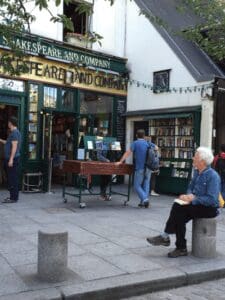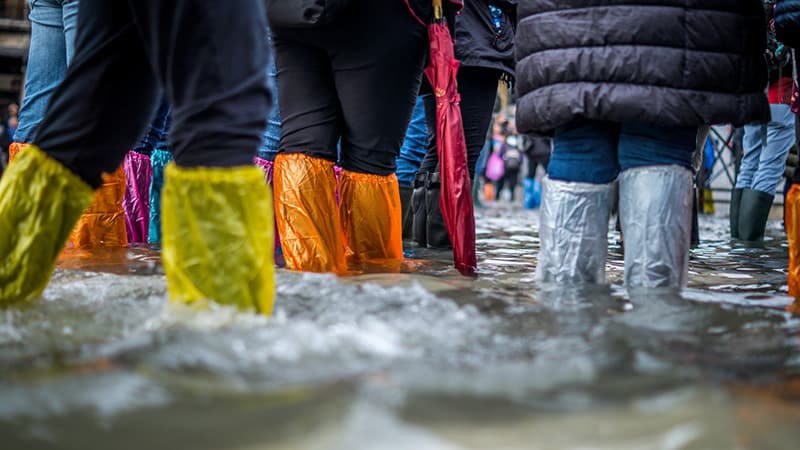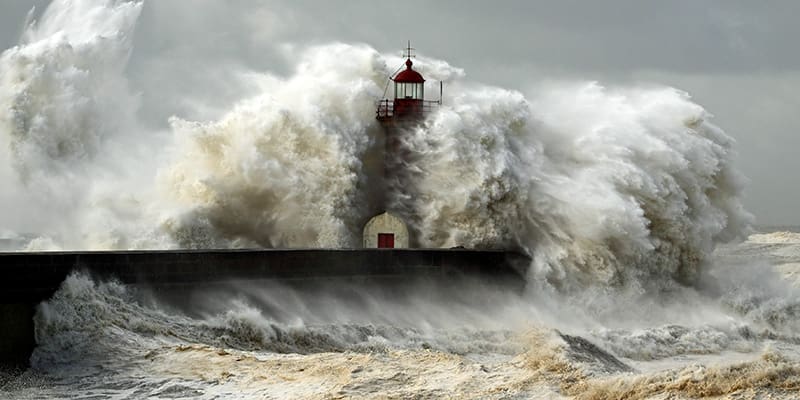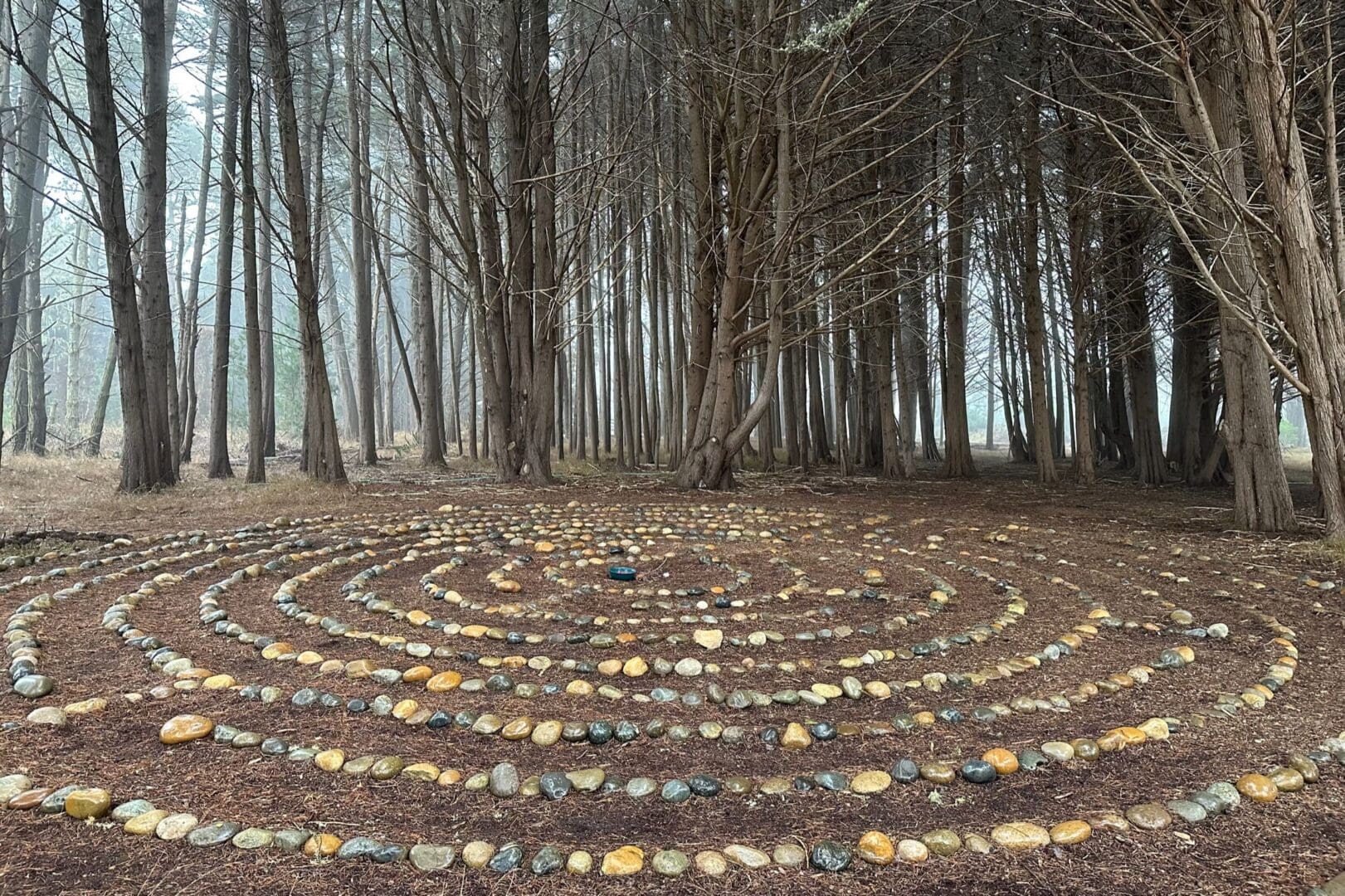Friends:
I am back in Paris at the end of this month-long European journey. I’ve also been in Brussels, Geneva, Cardiff, and Amsterdam. We’re working to promote trade treaties that protect people and planet. We are also working to preserve Europe’s unique precautionary approach to chemicals that poison all living things.
Brexit looks like a catastrophe for the U.K. Theresa May, the conservative Prime Minister, called a snap election. She will strengthen her parliamentary majority. She opposed Brexit but has taken the position that, “the people have spoken.” She has been sure-footed so far.
Brexit negotiations will be difficult. Some 30,000 U.K. laws need review. More than 40 years of legislation needs to be unwound. This can’t be done well in the mandatory two years till departure. How, one friend asked, with the overwhelming distraction of Brexit, can the U.K. address the urgent issues facing a modern state?
The E.U. holds the face cards. The E.U. can’t let the U.K. “win” with market access and no penalties. That could precipitate a rush to the exit for other E.U. countries. The tripwire is freedom of movement. German Prime Minister Merkel, also headed for reelection, has said the U.K. can’t restrict open frontiers and still retain trade rights. Open frontiers were what drove Brexit.
Protect Europe
I leave Europe with one principle belief–the importance of protecting the European enterprise from the raging forces that threaten its cultural, social, and environmental values.
For 70 years after World War II, the U.S. was, for all its faults, a beacon of liberty for people around the world. Now, enlightened leadership in the West lies with the practiced Angela Merkel in Germany and the bold neophyte Emmanuel Macron in France. Merkel confronts those who celebrate Germany’s tragic past. Macron is discovering whether he can actually govern in France’s fractured system.
Europe is under siege. The global market system puts immense pressure on European cultural, social, and environmental protections. Far right parties rise because centrists have no good answers to either globalization or immigration.
Brexit may strengthen European resolve to defend itself. The U.K. has always been an external force in continental Europe, aligned for decades with U.S. market and political forces. Signs of a revival of transnational European sentiment are everywhere.
I return to George Whitman’s Shakespeare and Company bookstore near Place Saint Michel. I remember 1961, the year I spent haunting the bookstore while I worked nights as a copyboy for The New York Times International. I buy Jacques Derrida’s The Politics of Friendship.
I’ve avoided Derrida for 40 years. He appeared on my horizon among literary friends while I was in graduate school at Yale. Deconstructionism seemed antithetical to me.
I venture into Derrida sitting in Jardin du Luxembourg. His work is infinitely complex. This gives you a taste. Derrida writes:
During the workshop in 1989 from whence this book derived,
Each session began opened with these words from Montaigne, quoting a remark attributed to Aristotle: “O my friends, there is no friend.” Week after week, its voices, tones, modes and strategies were tried on, to see if its interpretation could then be sparked.
Montaigne believed “sovereign” friendships were only possible between men. Not in my experience. Derrida cites Nietzsche on “star friendships.”
We are friends that have become estranged. But this was right…That we have to become estranged is the law above us; by the same token we should also become more venerable for each other–and the memory of our former friendship more sacred. There is probably a tremendous but invisible stellar orbit in which our very different ways and goals may be included as small parts of this path; let us rise up to this thought. But our life is too short and our power of vision to small for us to me more than friends in the sense of this sublime possibility–let us then believe in our star friendship even as we are compelled to be earth enemies.
Derrida notes the debate on friendship between Plato and Aristotle.
Michael Deguy…concentrates on the Aristotelian reminder, against Plato, of the singularity of this, of this friend. Let us cease to speak of Friendship, of the eidos of friendship; let us speak of friends. This is the enormous vein, the inexhaustible topos, of the quarrel Aristotle believed it was necessary to pick with Plato’s ghost. Now we have here today what is happening to us with the ruin which affects us and which we have adopted as our theme: this collapse of the friendship concept will perhaps be a chance, but along with Friendship, the collapse carries off the Friend too, and there is nothing fortuitous in the fact that the sudden burst of this chance at the heart of the ruin is still linked, in what in our time is most untimely, to literature, to the literary community.
I understand the deconstructionist “logic” of this contemporary “ruin” of Friendship. I prefer the Sufi view. The (neo-platonic) Sufis say “the friend leads to the Friend.” Through the human “friend” we glimpse the cosmic Friend. In the philosophical tradition, the love of a true friend surpasses romantic love. Yet friendship has posed endless philosophical enigmas from Plato onward.
My friend Rupert Sheldrake, the British biologist and parapsychology researcher, has developed a concept of fields of morphic resonance. These fields of morphic resonance revive for our time the Platonic idea. This might ultimately rescue neo-platonic Friendship from the acidity of Aristotle and modernity.
I do not require Sheldrake’s new science to align myself with the Sufis. My intuition tells me that Oneness is experientially, phenomenologically, real (for me). My experience is that love, or its companion, friendship, offer intimations of the eternal. I find I can read Derrida gratitude, no longer threatened by the ruin of deconstructionism.
People of the Book
I consider myself among the People of the Book. The phrase refers to adherents of the Abrahamic faiths. I mean those who genuflect before great texts…I mean those who dance with incandescent books–as my father’s fathers danced ecstatically with the Torah. The Nazis burned books. The books I treasure combust spontaneously in my mind and heart.
George Whitman’s bookstore is a temple for People of the Book. So is Point Reyes Books in my own West Marin County of Northern California. Some independent bookstores are temples of the book. They have the unmistakable scent of sanctity. Paris is filled with them..
Machiavelli, exiled from power, once wrote that at night he bathed, dressed in white, and joined the company of the ancients. For Machiavelli, the ancients were more alive than most of his contemporaries.
The great Yale scholar Harold Bloom avows that Shakespeare invented the world we live in. He claims Hamlet and Falstaff are more alive than most people. If you credit the Jungian notion (held by Joseph Campbell, Henri Corbin and many others) that archetypes are autonomous forces that live through us, Bloom’s claim is not risible.
For People of the Book, these relationships–influences, rivalries, friendships–across time and space with writers and their created beings can be more alive than what passes for real in our lives and on our television screens.
One is fortunate, in a lifetime, to find a few friends. Some live with us in what we call the real world. Others live through us–our dead, our deities, and those who come to us through the word, through art, through music, through intuition. Some sensitives tell us such spirits surrounds us. I know that I do not know. What I do know is that I trust friendship.
Michael Lerner





